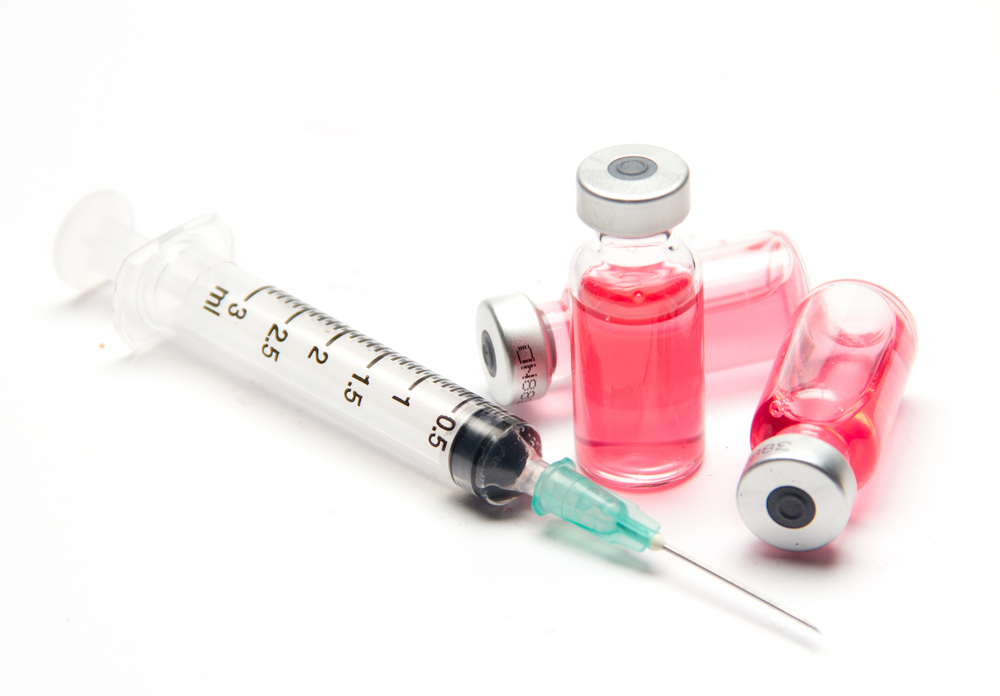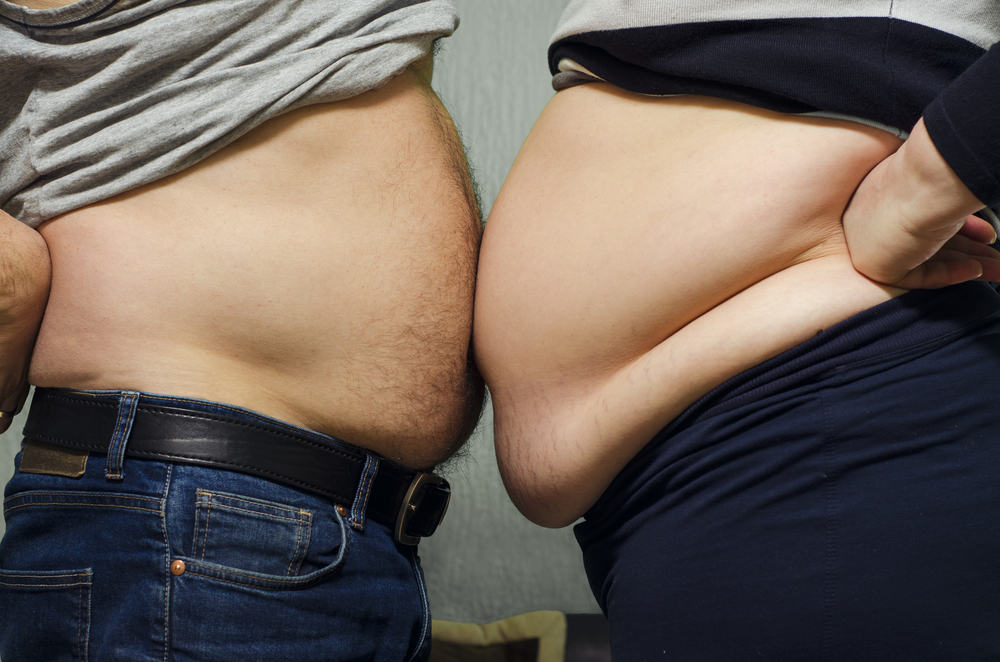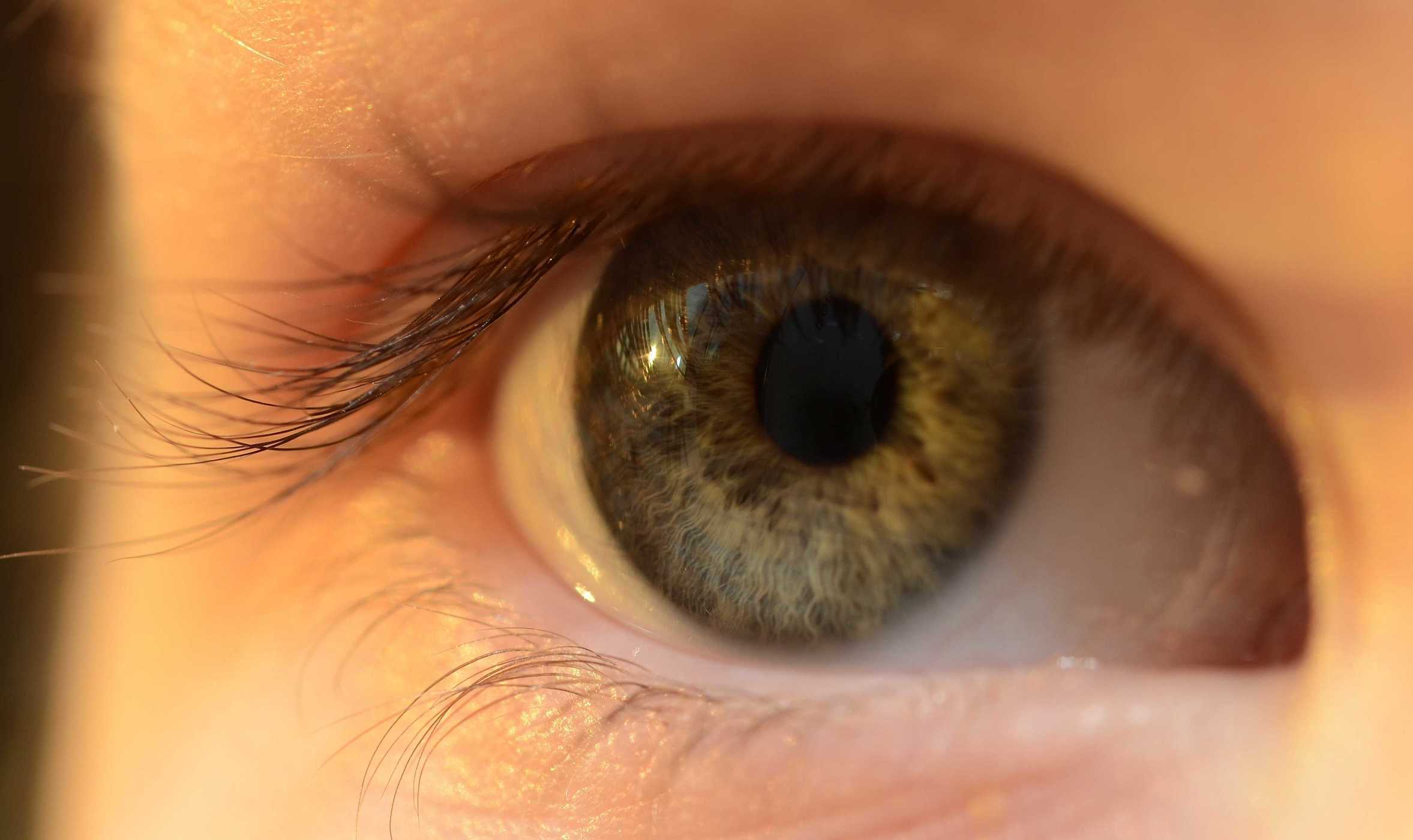Contents:
- Medical Video: Gut Health and the Immune System
- Children have the ability to respond to antigens in the womb
- Giving combination immunizations at one time is more effective and safe
- So, is it possible for immunization to disrupt the immune response?
Medical Video: Gut Health and the Immune System
As a parent, you should not miss an immunization schedule for your child. This aims to protect your child from viruses that can cause various types of infectious diseases.However, maybe some of you feel doubtful if the effect of this immunization actually triggers an excessive immune response so that the child falls ill.
Is this myth true? Find out the answer in the following review.
Children have the ability to respond to antigens in the womb
Actually, children have the ability to protect themselves from viruses and bacteria from the womb. This is because antibody-forming cells, B cells and T cells, have been formed since 14 weeks of gestation and continue to develop in the first year of birth.
In the womb, the fetus is protected by immunoglobulins or antibodies from the mother. These antibodies flow through the placenta which is also stored in breast milk and colostrum. So that even when the baby is born, it can still get these antibodies through breastfeeding.
A few hours after birth, the baby's body begins to explore the stimulation of foreign antigens in the surrounding environment. Since this time the child has an extraordinary ability to respond to various antigens, including from immunization.
The antigen itself is a foreign substance or organism that will trigger the immune system response. Its form can vary. For example disease-causing viruses and vaccines. Vaccines are indeed made from a weak form of a virus. The point is that your immune system recognizes and records what the shape and danger of the virus is. This is so that someday, if your body enters the virus, your immune system will attack it immediately before you get infected.
Even so, the baby's immune system is not as strong as an adult's immune system. Because, antibodies originating from the mother's body have decreased passively during the first few months. Therefore, immunization is still needed to encourage the immune system to work better.
Giving combination immunizations at one time is more effective and safe
At the age of 0-12 months, babies must get immunizations (also called vaccine injections), namely BCG, hepatitis B, DPT, polio, Hib, PCV, and measles in 16 injections. Too many vaccines are very at risk of not achieving comprehensive immunization coverage.
For this reason, there are now several vaccines that have been combined into one. Examples are DPT (diphtheria-pertussis-tetanus) vaccine, MMR (measles-mumps-rubella or measles, mumps, and rubella), and DPT with hepatitis B vaccine or with the Haemophilus influenzae type b (Hib) vaccine.
Reporting from the CDC, several studies have been conducted to look at immune responses and the effects of giving vaccine combinations to children. The results show that this does not give any health problems to children. Because, each vaccine has been tested and shows results that are safe for children.
In fact, giving several vaccines at once is considered more effective than given one by one. Although some of them can cause fever, this immune response will not last long and does not cause significant health problems.

So, is it possible for immunization to disrupt the immune response?
The answer is not. Because, since the beginning of his birth, babies have been exposed to countless bacteria and viruses every day through the skin, nose, throat, and intestines.
The baby's immune system has been designed to overcome this exposure and learn to recognize and respond to harmful substances that enter the body. Including when you feed food, this means that simultaneously you also introduce new bacteria into the body so that many bacteria live in the baby's mouth and nose.
Not to mention the 'hobby' baby who likes to put his hands or other objects into his mouth hundreds of times every hour. This shows that the child's immune system has a lot of work on antigens.
According to the study, the child's immune system is still sufficiently available to respond to all forms of bacterial and viral threats at any time. Even though the child is given a vaccine containing a weakened virus, the child's body will easily respond to the antigen without overwhelming the immune system.
Even if the vaccine combination must be given according to its schedule at one time, only a small part of the child's immune system will react with these foreign substances. Therefore, immunization will not cause the immune system to become overwhelmed. So, the point is that immunization is declared safe for children.












